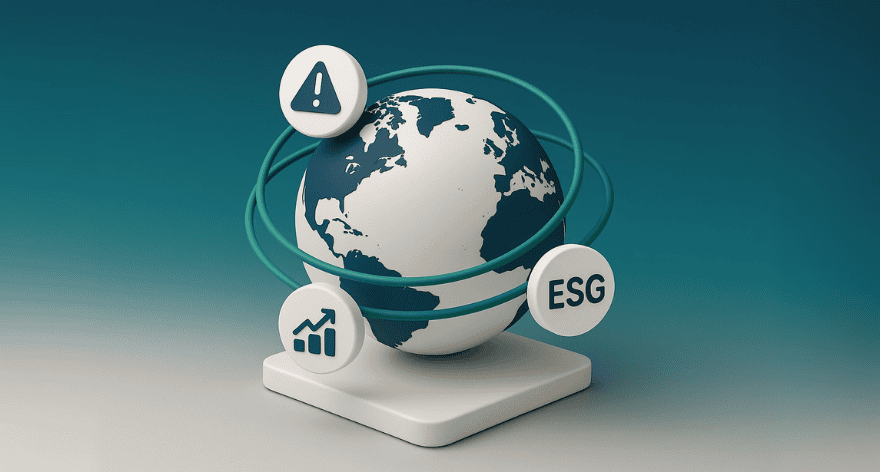Rotterdam, July 31, 2025 - Dutch business confidence declines in the third quarter of 2025, according to the Global Business Optimism Report Q3 from Altares Dun & Bradstreet, which examined business sentiment in 32 countries worldwide. International trade tensions, high financing costs, and geopolitical uncertainty are putting pressure on companies. Still, there are clear positives: mainly medium-sized companies in the Netherlands show resilience and perform better in the ESG area.
“Global instability and stricter regulations are putting pressure on Dutch businesses. However, we see that many companies anticipate this with strategic choices, such as risk diversification and sustainable sourcing,” says Joris Peeters, Chief Data Scientist & Strategic Consultant at Altares Dun & Bradstreet.

Financial confidence and investments under pressure
There is marked pessimism among businesses across Europe, with sharp declines in France, Germany and Spain. In these countries, concerns about inflation, geopolitics and supply chains weigh heavily. The Netherlands shows a slight decline in overall business optimism in the third quarter of 2025, but remains relatively stable compared to many other European economies. A combination of high financing costs, cautious banks and pressure on profit margins has also made Dutch companies more hesitant to invest. The United Kingdom (+0.1%) is an exception, partly due to the Economic Prosperity Agreement with the United States, which provides targeted trade benefits for sectors such as automotive and aerospace.
Nearly half of companies worldwide report not securing long-term financing in Q3. In the Netherlands as well, investments are being postponed due to uncertainty surrounding trade policy, regulation and geopolitical developments. At the same time, focus is shifting toward the domestic and broader European market. The EU is seen as the most important growth alternative outside the United States and China.
ESG position improves significantly
Despite the broader climate of caution, the Netherlands shows one of the strongest global increases in ESG performance (+23.1%), second only to Turkey (+24.2%). In a quarter where many advanced economies saw their ESG performance decline — such as Germany (-12.1%) and Russia (-13.1%) — the Netherlands proves that acceleration is possible, even under increasing regulatory pressure. Medium-sized companies in particular are showing ambition and benefiting from their agility.
Large enterprises came under pressure due to the introduction of the Corporate Sustainability Reporting Directive (CSRD), which brings numerous additional reporting obligations. However, the European Union has recently adjusted its course. Influenced in part by geopolitical developments and the cautious stance of the Trump administration in the United States regarding sustainability policy, the initially strict implementation of the CSRD has been postponed and partially scaled back. This offers companies temporary breathing room, but only time will tell when, and to what extent, the CSRD will return to the forefront for further development and implementation.
The Netherlands as a stable exception in Europe
Despite economic headwinds, the Netherlands positions itself as a relatively stable and resilient economy within Europe. While business confidence is under significant pressure in many countries, Dutch companies are leveraging economic uncertainties to strengthen their foundations. The combination of growing ESG optimism, strategic risk diversification, and a focus on domestic and European markets positions the Netherlands as a frontrunner in structural resilience.
Peeters explains: “Despite global uncertainties, the Netherlands shows relative resilience in Q3 2025. Our economy is less dependent on heavily impacted industries such as metals and automotive, and instead benefits from strong sectors like high tech, with ASML leading the way, and logistics through the Port of Rotterdam. These structurally strong sectors contribute to the moderate optimism among Dutch businesses.”
